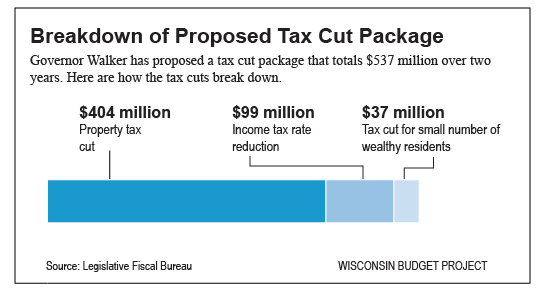We retired Tax Justice Blog in April 2017. For new content on issues related to tax justice, go to www.justtaxesblog.org
Reuters reports that state lawmakers shouldn’t expect Congress to act anytime soon to close the enormous hole in their sales tax bases created by online shopping. Sales tax enforcement on purchases made over the Internet is a messy patchwork right now because states can only require retailers with a store or other “physical presence” within their borders to collect the tax. (Amazon, for example, is only required to collect the tax in 20 states). This uneven treatment of online retailers versus brick-and-mortar stores is nothing new, but the chairman of the House Judiciary Committee insists that more debate is needed before his chamber will act on the bipartisan bill passed by the Senate last spring.
Hawaii lawmakers are giving serious consideration to enhancing a number of tax credits for low-income working families, but the state’s worsening revenue outlook is going to make paying for the credits a bit more difficult. Moreover, Honolulu Civil Beat reports that lawmakers are also debating whether to give out more tax credits for things like charter school donations, backup generators, and building renovations. But reducing the very high state and local tax rate being paid by Hawaii’s poor should be a higher priority than these initiatives.
Last year’s trend toward raising state gasoline taxes seems to be continuing this year. In just the last week, the Kentucky House approved a 1.5 cent per gallon increase and the New Hampshire Senate gave preliminary approval to a 4 cent increase. These increases would allow for valuable investments in both states’ infrastructure, and would reduce the likelihood that lawmakers will eventually cut other areas of the budget to fund those investments.
This week the Wisconsin General Assembly approved Governor Scott Walker’s tax cut proposal which includes $404 million in across-the-board property tax cuts and $133 million in income tax cuts that result from lowering the bottom income tax rate from 4.4 to 4.0 percent and reducing the Alternative Minimum Tax. The legislation is now sent to Governor Walker’s desk where it is all but guaranteed he will sign the bill into law. For more on the flaws of this bill check out this Wisconsin Budget Project’s blog post.
